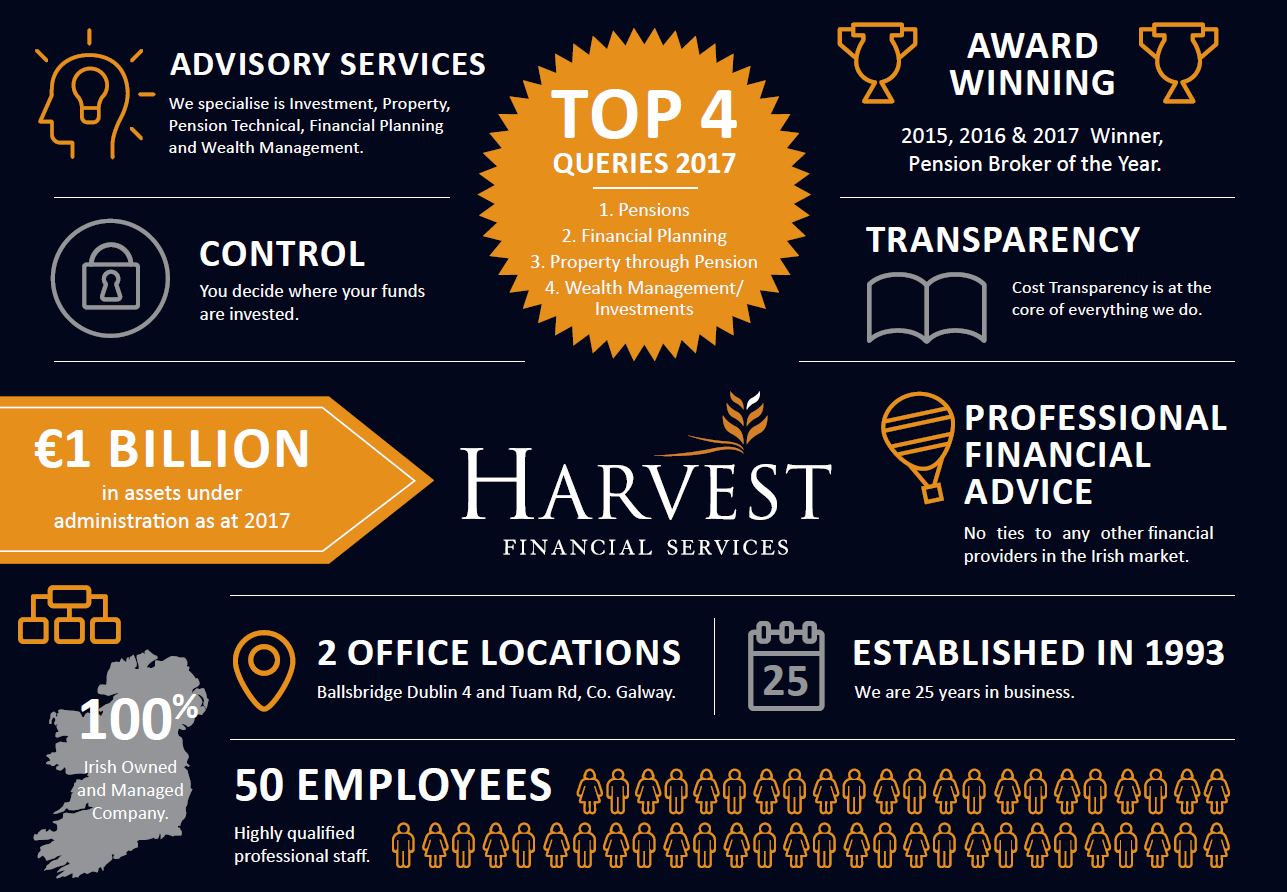Untangling The Link Between Feelings And Financial Choice Making: The Psychology Of Riches

Material Composed By-Timmons Le
When it involves wealth and economic choices, feelings are usually the hidden force driving the wheel. Your mood, concerns, and desires can sway your options more than you realize, possibly impacting your economic wellness. By unwinding the complex dance in between emotions and cash, you might uncover unexpected insights that might improve the way you come close to riches management. Understanding the psychology of wealth can unlock a course to even more mindful and reasonable economic decision-making, guiding you in the direction of a more prosperous and stable future.
Emotional Influences on Financial Choices
When making economic decisions, emotions play a considerable function in affecting your selections. It's necessary to identify just how sensations like fear, greed, and enjoyment can affect your financial well-being. related resource site might lead you to make extremely careful decisions, losing out on potential chances for growth. On the other hand, greed can push you in the direction of high-risk financial investments that might not line up with your long-term goals. Exhilaration could cause you to overlook important details or rush right into decisions without correct assessment.
Comprehending your feelings and how they affect your economic selections is vital for making sound decisions. By recognizing your emotion when confronted with financial alternatives, you can take steps to alleviate impulsive actions and believe even more rationally. Establishing clear monetary objectives and having a well-balanced plan can help you browse these psychological impacts efficiently. Bear in mind, it's alright to seek support from financial consultants or mentors to acquire perspective and make educated choices amidst emotional turbulence.
Common Psychological Biases in Wealth Administration
Understanding the common mental prejudices in wide range administration is necessary for making enlightened financial decisions. One widespread bias is insolence, where individuals tend to overestimate their expertise and capacities, leading to too much risk-taking. This can result in inadequate investment choices and substantial losses.
An additional common bias is loss hostility, where the concern of losing money outweighs the possibility for gains, triggering capitalists to make conservative decisions that might impede riches accumulation.
Verification predisposition is also prevalent in wide range administration, where people seek information that straightens with their existing beliefs while overlooking contradictory data. This can bring about a manipulated understanding of market fads and prevent the capability to adjust to changing monetary landscapes.
Additionally, anchoring Global Financial Advisory happens when individuals depend also heavily on initial information when making decisions, possibly bring about suboptimal outcomes.
Strategies for Mentally Intelligent Spending
To navigate the intricacies of investing with psychological knowledge, consider carrying out functional techniques that align with your economic goals and risk tolerance. Start by establishing clear investment purposes based on your lasting monetary goals.
Retirement Solutions is crucial to handling threat and can help cushion your profile from market volatility. On a regular basis evaluation and adjust your financial investment profile to ensure it remains aligned with your changing financial situations and run the risk of cravings.
Technique mindfulness to stay grounded during market variations. Emotions like fear and greed can shadow judgment, causing spontaneous choices. By remaining mindful and reasonable, you can make more informed investment choices.
Furthermore, automate your cost savings and financial investments to prevent emotional decision-making. Setting up automatic contributions to your financial investment accounts can aid you remain regimented and avoid the temptation to time the marketplace.
Conclusion
Finally, by acknowledging and managing your emotions when it concerns monetary decision-making, you can boost your chances of making reasonable options and accomplishing long-lasting financial security.
Being aware of common psychological prejudices, setting clear goals, expanding financial investments, and exercising mindfulness are vital techniques for making mentally intelligent investing choices.
By taking control of your emotions and carrying out these approaches, you can browse the intricacies of wealth monitoring with confidence and success.

